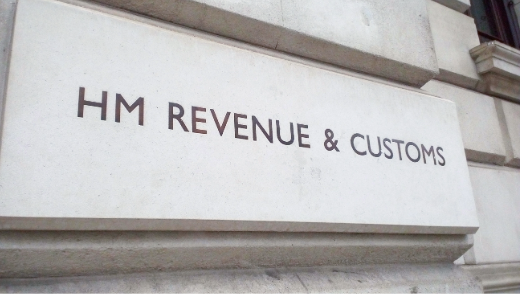8 Simple Rules to Help You Plan, Save and Invest
“It was overwhelming. It seemed as if everyone contradicted one another. And they were all so sure … sure that they had the secret to how to make money grow, or that it was all a rip-off. And Sam was scared. He needed that money… He couldn’t bring himself to risk losing it. So, Sam ended up doing… nothing.”
The description of this feeling of confusion around personal finance and investing might be familiar to many people. It’s from ‘Sam’s Story’ – a very human introduction to a fantastic book on personal finance best practices called ‘The Index Card’. To many of us, like Sam, investing and lifestyle planning can seem overwhelming and even risky. Your friends tell you their ‘investing secrets’ that helped them ‘win’ huge sums, but others tell you investing is like throwing your money into a void. Who do you believe? ‘Sam’s Story’ is one that demands your attention and asks you to look at your own attitude to saving and investing to determine if you are facing the same paralysis.
At First Wealth, we aim to give you control over your financial future, make your money work for you, and help you progress towards your life goals. We believe that making a living is great, but you shouldn’t forget to make a life. The simplicity of ‘The Index Card’ idea shines a light on some of the basic principles we strive to teach our clients. It was a concept created by Harold Pollack, a professor at the University of Chicago. He had been interviewing personal finance writer Helaine Ole on her book Pound Foolish and argued that the best advice could be found in the library and would ‘fit on a 3-5-inch index card.’ He had intended this in a metaphorical sense, but after the interview, he received several emails asking to see the index card he had mentioned. Pollack would have to put his money where his mouth was. The image went viral overnight.
Below is the photo of the actual index card which became the foundation of the book he would later co-author with Helaine Ole:
How do these simple rules apply to us in the UK?
As an American, Professor Pollack’s index card refers to financial advice that is only applicable in the US, which is why I’ve created an equivalent ‘Index Card’ suitable for our UK clients here at First Wealth. Here’s my list of rules to stick to:
Rule no.1: ‘Max your employee pension contribution or invest in a tax-free ISA.’
Rule no.2: ‘Invest in inexpensive, well-diversified funds.’
Rule no.3: ‘Never buy or sell an individual security. The person on the other side of the table knows more than you do about that stuff.’
Rule no.4: ‘Save 20% of your money.’
Rule no.5: ‘Pay off any credit card bills in full every month.’
Rule no.6: ‘Maximise tax-advantaged savings vehicles.’
Rule no.7: ‘Pay attention to fees.’
Rule no.8: ‘Make a financial plan and stick to it.’
That last rule of my UK-centric index card is one of the most important to me as a financial planner. I’m passionate about the positive effects that good financial planning can have on someone’s life and the freedom it brings. That’s what this index card is about – giving people the freedom to plan their financial futures, prepared for anything that may come their way. Pollack summaries this perfectly in this extract:
“So, by following the… simple rules as outlined on our index card, you will have the confidence to make your own financial decisions; discover basic financial truths… be armed with a timeless set of guidelines that you can turn to no matter what financial issues you may face or how drastically the winds of financial change shift; and be sure you never make the same mistake Sam made and let your fears about the financial unknown prevent you from doing anything.”
The “financial unknown,” as Pollack describes it, can hold no power over you if you make it known. At First Wealth, we have an arsenal of financial planning tools, including cash flow modelling and wealth management software, to help you do this. Joining that arsenal of tools is now my index card, a simple but effective strategy for day-to-day financial planning.
Plan, Save, Invest…
The three takeaways from both the original index card and my version are this: plan, save and invest. It’s this simplicity that has made the card such a popular concept in personal finance. And the results that it promises, according to those who have followed its rules, it delivers.
‘The Index Card’ promises to take away financial planning paralysis and provide the confidence to plan, save and invest successfully. It puts you in a great position to effectively plan your lifestyle goals and meet them.
Combining financial literacy and our own financial planning processes at First Wealth means we can assess at which point you will be financially independent. Whether for you this means retiring early, becoming your own boss, or gifting capital to your family, practising these principles in daily life enables us to help you take your money further.
Do you want to know more about financial planning? Get in touch.
This document is marketing material for a retail audience and does not constitute advice or recommendations. Past performance is not a guide to future performance and may not be repeated. The value of investments and the income from them may go down as well as up and investors may not get back the amount originally invested.
Let's Talk
Book a FREE 30-minute Teams call and we’ll answer your questions. No strings attached.
Check Availability




